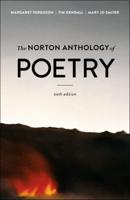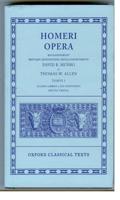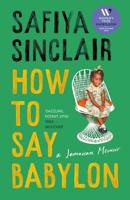Publisher's Synopsis
The tragic early death in 1908 of her husband, combined with the birth of her child, left Countess Ottonie Degenfeld confined to a wheelchair and in a state of severe depression. But two years earlier, she had met the famous young Austrian poet Hugo von Hofmannsthal. Learning of her situation, he now started writing to the 27-year-old Countess, and her road to a new life enriched by literature and the arts began. Presented here for the first time in the English language, their remarkable correspondence provides invaluable insights into the creative processes of Hofmannsthal, whose works were strongly influenced by this unusual relationship.
The lively correspondence is a window into a vanished world of European high society. It is a period piece reflecting the life of the affluent German aristocracy and its interaction with the arts in the first quarter of the century. Against this background, the lives and works of a number of prominent cultural figures, such as Richard Strauss and Max Reinhardt, are brought into a new light. Hofmannsthal's reports on the trials and triumphs of his libretti for Strauss's revolutionary operas are fascinating, as are his poignant comments on the First World War and its castastrophic consequences.
The correspondence reveals an intense friendship and shows how a sensitive and compassionate man, considered one of the foremost writers in the German language, helped a young woman recover from the depths of despair to find new meaning. It also reveals that, as Ottonie matured, it was she who helped lift the poet from his own gloom and personal problems.
Marie-Therese Miller-Degenfeld is the daughter of Ottonie, and edited the German editions of the correspondence. She lives in Virginia.










